Cultural Heritage:
- Formula 1: European heritage, elite racing, prestigious circuits
- NASCAR: American heritage, grassroots racing, stock car tradition
- Audience Demographics:
- Formula 1: Global audience, affluent spectators, luxury brands
- NASCAR: American audience, blue-collar fans, strong community ties
- Racing Experience:
- Formula 1: High-tech cars, international circuits, exclusive atmosphere
- NASCAR: Stock cars, oval tracks, family-friendly environment
In the realm of motorsports, two giants stand tall: Formula 1 and NASCAR. Despite sharing the common ground of high-speed racing, these two sports couldn’t be more different. Beyond the roar of engines and the thrill of victory, lies a stark contrast in culture, heritage, and audience appeal. Let’s delve into the heart of this cultural divide and uncover what sets Formula 1 and NASCAR apart.
The Origins:
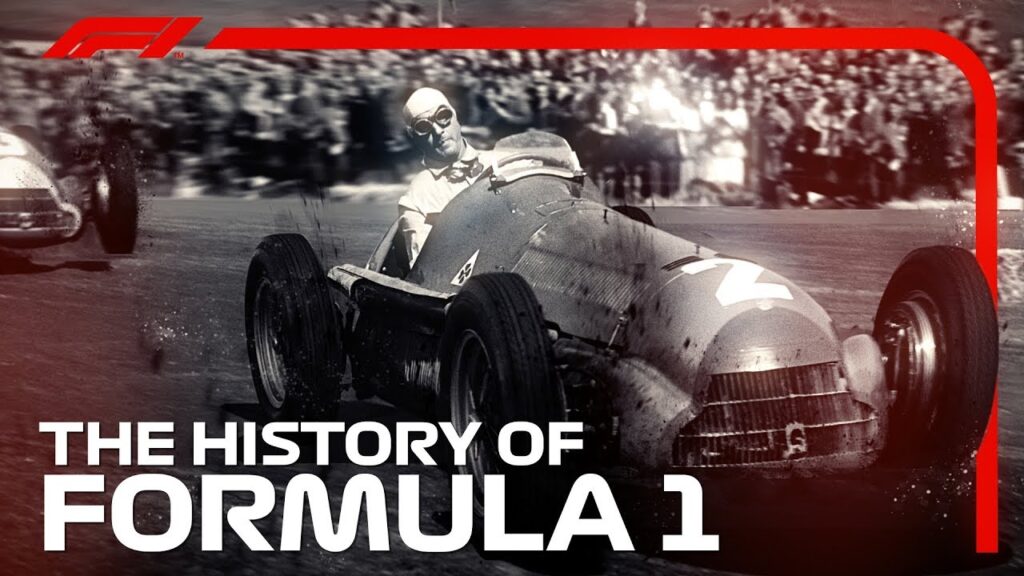
Formula 1 traces its roots back to the elite circles of European racing. Born in the early 20th century, Formula 1’s heritage is steeped in prestige and glamour. From the historic circuits of Monaco to the sophisticated technology of the cars themselves, Formula 1 exudes an air of exclusivity. In contrast, NASCAR emerged from the humble beginnings of Southern bootlegging, where drivers modified stock cars for the thrill of illegal racing. This blue-collar heritage is ingrained in NASCAR’s DNA, shaping its identity as the quintessential American pastime.

The Culture Clash:
At the heart of the Formula 1 vs. NASCAR debate lies a clash of cultures. Formula 1 represents the pinnacle of motorsport engineering, with teams backed by prestigious car manufacturers and wealthy sponsors. It’s a world where speed meets sophistication, attracting a global audience of high society and luxury brands. In stark contrast, NASCAR celebrates its grassroots origins, embracing a down-to-earth culture that resonates with working-class Americans. From the iconic Daytona 500 to the tight-knit community of fans known as the “NASCAR Nation,” the sport’s appeal lies in its accessibility and authenticity.
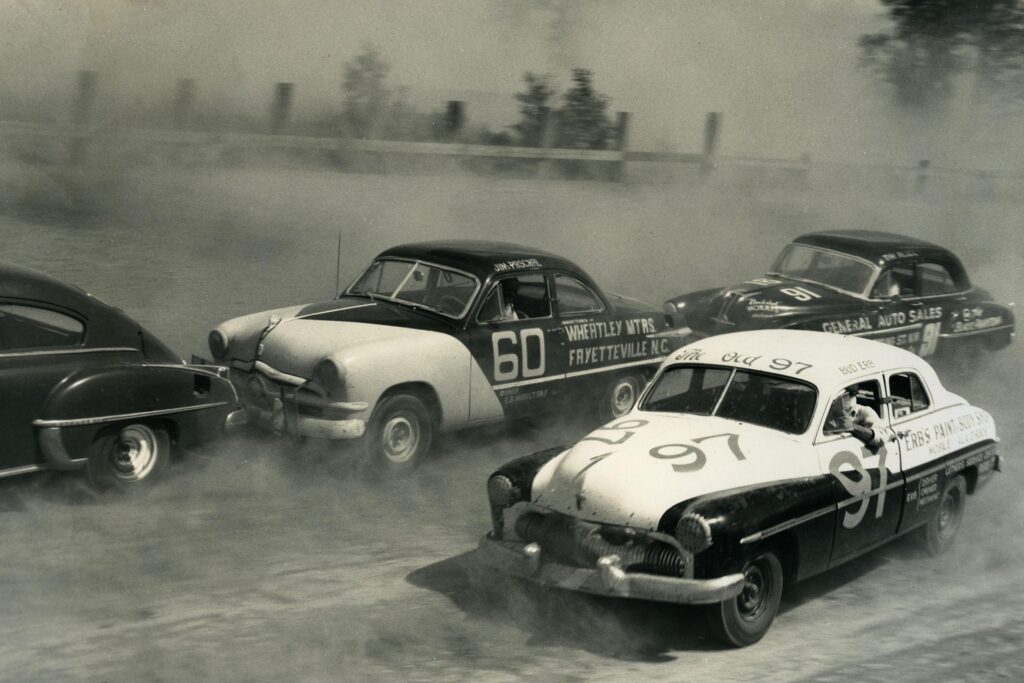
The Audience Appeal:
When it comes to audience demographics, Formula 1 and NASCAR couldn’t be more different. Formula 1 attracts a diverse international audience, with races held in glamorous destinations like Monte Carlo and Abu Dhabi. Its fan base includes affluent spectators and corporate VIPs, drawn to the sport’s blend of speed, technology, and prestige. Meanwhile, NASCAR boasts a loyal following of blue-collar fans, who flock to racetracks across America to witness the thrill of door-to-door racing. With its roots firmly planted in American culture, NASCAR appeals to a broad audience that values tradition, community, and the simple pleasure of watching cars go fast.
The divide between Formula 1 and NASCAR goes beyond the racetrack—it’s a reflection of the cultural differences between Europe and America. While Formula 1 embodies the sophistication of elite racing, NASCAR celebrates the spirit of grassroots Americana. Yet, despite their differences, both sports share a common love for speed, competition, and the thrill of the chase. Whether you’re sipping champagne in Monaco or tailgating at Talladega, one thing’s for sure—motorsport will always have a place in the hearts of fans around the world.
[uap-landing-commission slug=’author_1′]

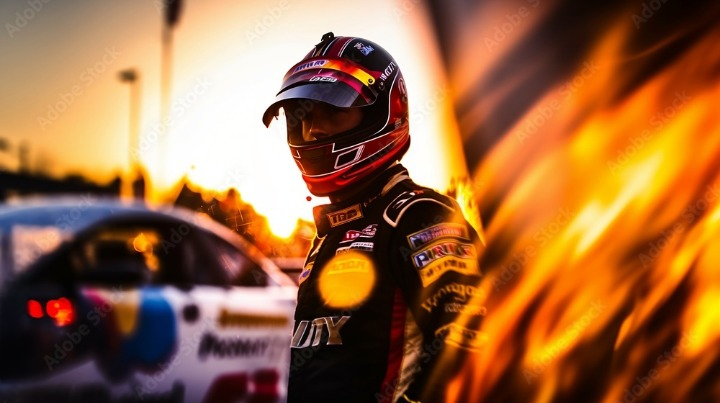

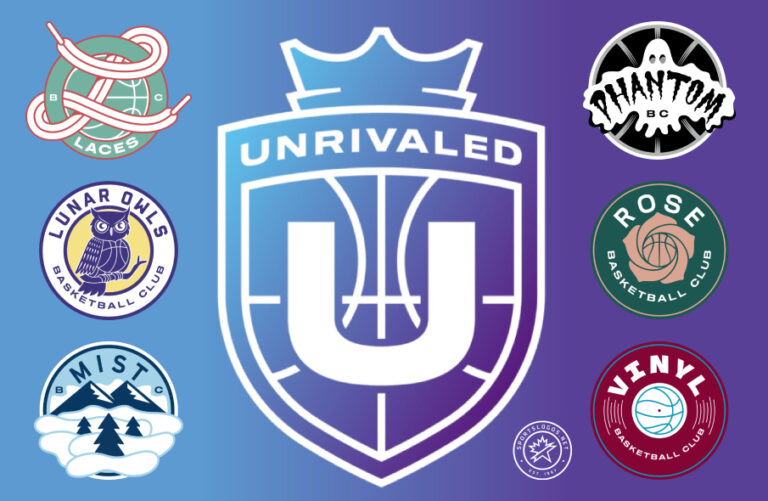

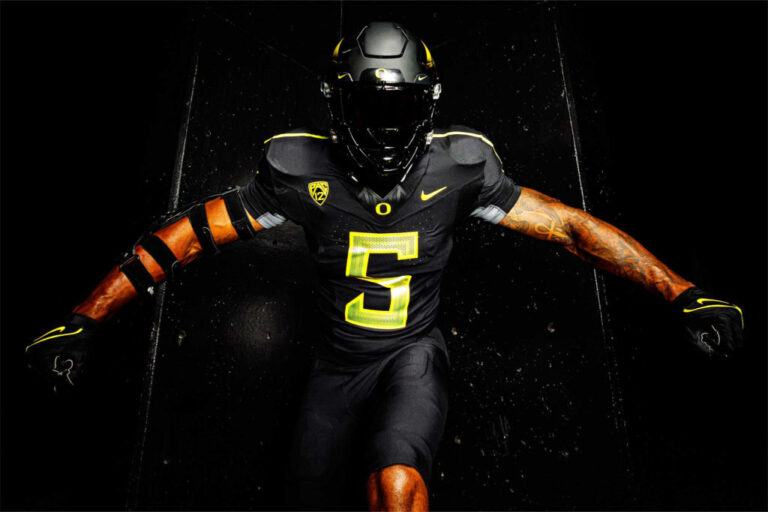

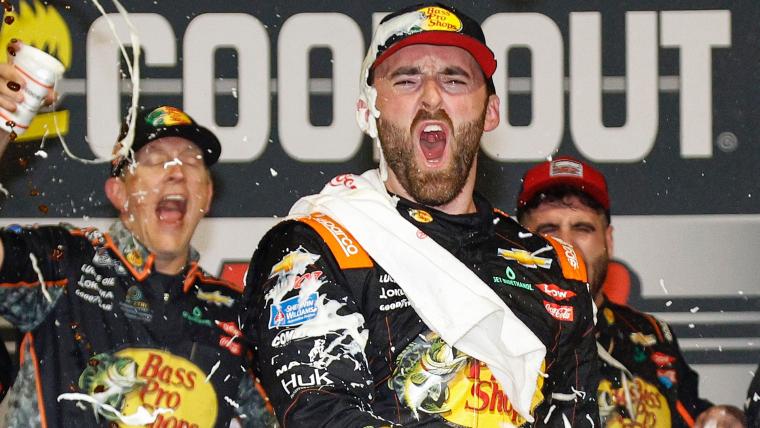
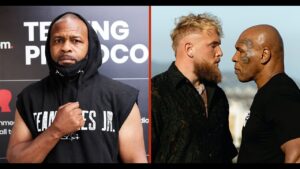






+ There are no comments
Add yours